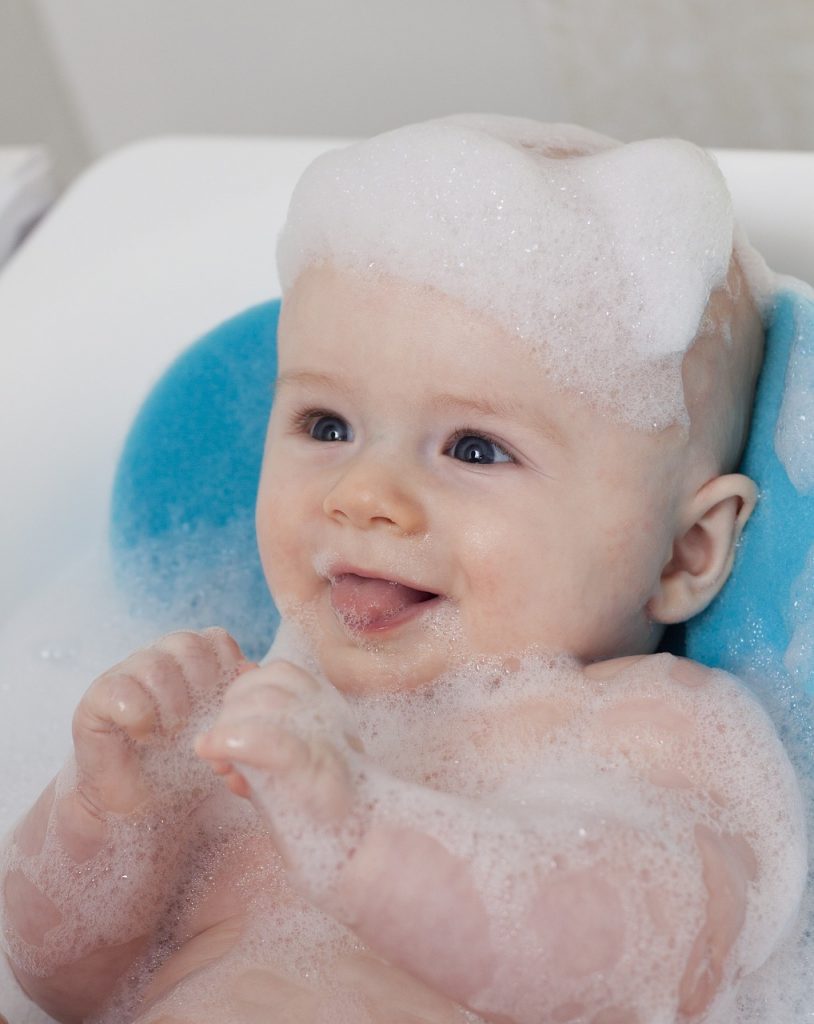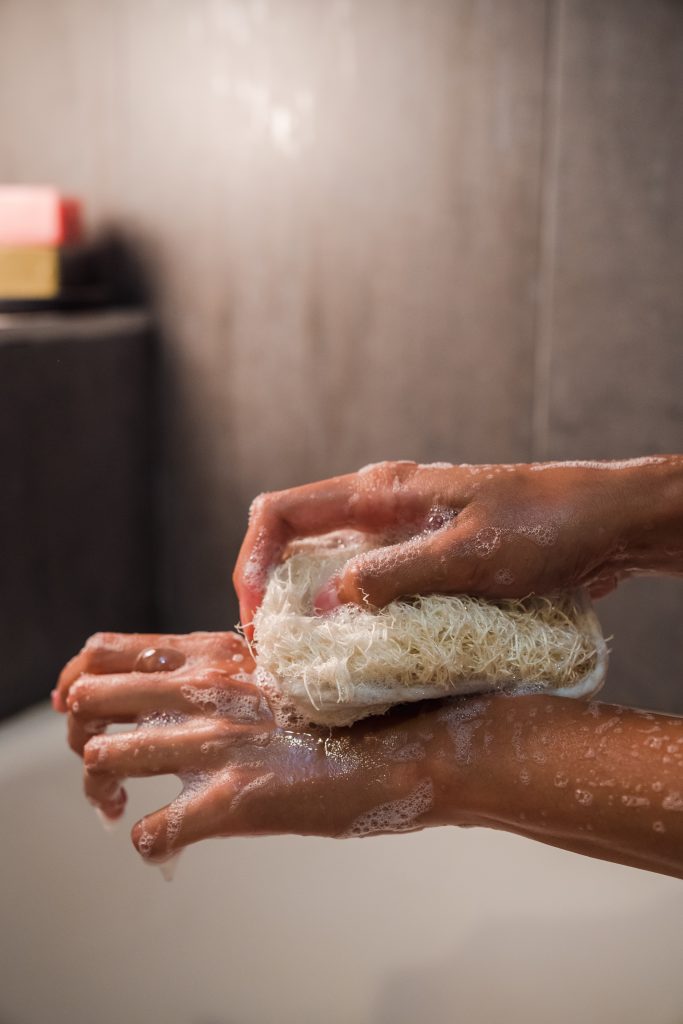February 1, 2024, by School of Medicine
Could how you wash be affecting your eczema?
 As leads for the Rapid Eczema Trials project, we are excited to see the launch of our very first study. We hope this will be the first of many studies that have been designed and run by our Eczema Citizen Science Community. This project gives opportunities for people with eczema to design and run high-quality studies that answer questions that are important to all of us.
As leads for the Rapid Eczema Trials project, we are excited to see the launch of our very first study. We hope this will be the first of many studies that have been designed and run by our Eczema Citizen Science Community. This project gives opportunities for people with eczema to design and run high-quality studies that answer questions that are important to all of us.
Designing this study together with members of our Eczema Citizen Science Community has been a huge privilege. We have all learnt a lot together and have had fun along the way.
Have you ever wondered how often to have a bath or shower when you have eczema? If so, this study is for you. Our first study will answer this question:

“Is it better to bathe daily or weekly when you have eczema?”
We know this is a question that is often asked by people with eczema, so it is surprising that there is so little research evidence to give an answer. We hope to change that very soon.
Although this may seem like a simple question, it has been quite complex to design a high-quality study to answer it. We hope you like the study that members of our Eczema Citizen Science Community have designed and that many of you will choose to take part.
There is a good reason to look at this topic as people often have very different opinions about what is best for their eczema. Having a bath or shower can help people to feel more comfortable. But having a bath or shower too often can also make eczema worse.
Here are a few of the things that we have discovered about bathing and eczema – it just goes to show that it is quite a tricky issue.

Good things about bathing often
- Keeps the skin clean
- Helps to add water to the skin
- Washes away things that may cause an eczema flare-up
Bad things about bathing often
- Can dry the skin out
- Washes away natural oils and microorganisms from the skin
- Alters the skin acidity (sometimes known as pH) – this can make eczema worse
- Products used in the bath or shower can damage the skin
We are looking for 390 people to help us answer this question. We are looking for children and adults with eczema. If you would like to help, please join the study by visiting our website at: www.rapideczematrials.org/Eczema-Bathing-Study
The study lasts for 4 weeks and you can join using a phone, tablet or computer. You will be asked to follow simple instructions about how often to have a bath or shower. You will also be asked to answer some questions once a week.
By joining this study, you can make a real difference to the lives of people living with eczema.
And as we both have eczema ourselves, we are looking forward to taking part and finding out the answer with you.
Written by Kim Thomas and Amanda Roberts
Co-leads for the Rapid Eczema Trials project
If you would like to find out more about Rapid Eczema Trials, please visit our website or email us on eczema@nottingham.ac.uk
The Rapid Eczema Trials project involves researchers, healthcare professionals and citizen scientists (people with eczema and parents of children with eczema) working together to answer important questions about eczema by designing and running clinical trials together.
The Rapid Eczema Trials programme is sponsored by Nottingham University Hospitals NHS Trust and is funded by the National Institute for Health and Care Research (NIHR) under its Programme Grants for Applied Research programme (PGfAR NIHR203279). The views expressed are those of the author(s) and not necessarily those of the NIHR or the Department of Health and Social Care.

No comments yet, fill out a comment to be the first

Leave a Reply